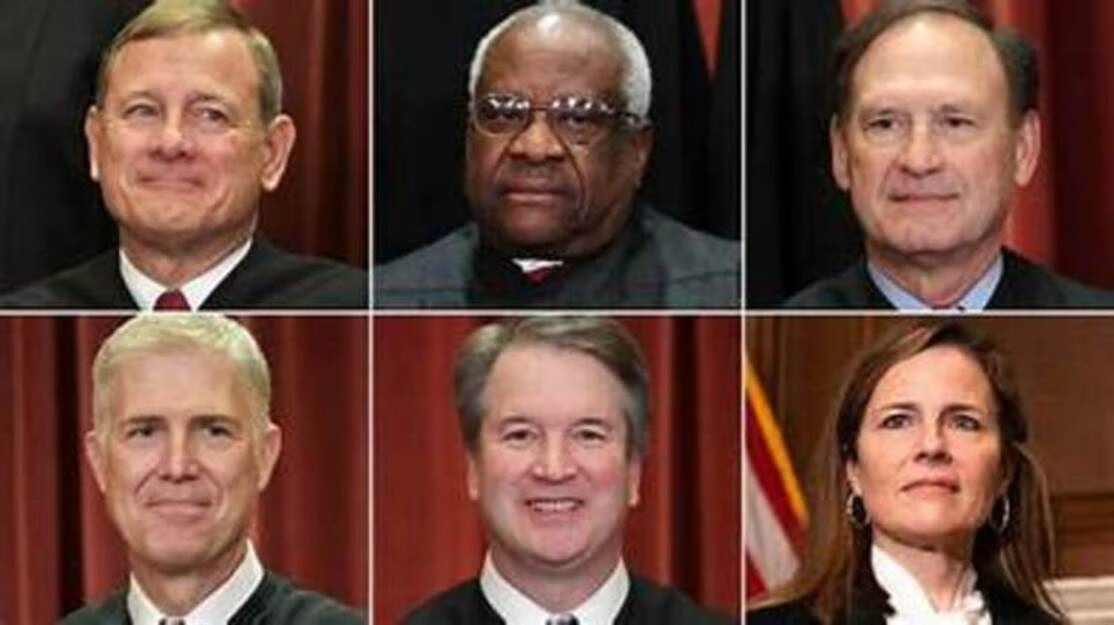By Mary Jones | Monday, September 08, 2025 | 6 min read
The Justice Department (DOJ) has asked a federal judge to keep hidden the names of two people who received large wire transfers from Jeffrey Epstein just as his past crimes were being dragged back into public view. According to court filings, prosecutors argue that unmasking them would violate their privacy, even though the payments—$100,000 to one associate and $250,000 to another—have long been a source of suspicion.
The request came Friday in the Southern District of New York, where U.S. District Judge Richard Berman is weighing whether to grant a motion by NBC News to reveal the names. The network has argued that the public has a right to know who was on the receiving end of Epstein’s money and whether those payments tied into his broader effort to protect himself. Epstein, a financier who lived for years at the intersection of politics, money, and scandal, died in federal custody in 2019 while awaiting trial on sex-trafficking charges.
The Justice Department, in its filing, pushed back. Prosecutors noted that both individuals have objected in writing to the disclosure of their names and insisted that their concerns about privacy should carry weight. “Individual-1 and Individual-2 are uncharged third parties who have not waived their privacy interests,” U.S. Attorney Jay Clayton wrote. The letters of objection from the two remain sealed, but prosecutors say they were explicit in opposing unsealing.
The transfers themselves have never been disputed. On November 30, 2018, Epstein wired $100,000 from a trust account he controlled to one of the associates, a person who had been identified in his earlier nonprosecution agreement from 2008 as a potential co-conspirator. Just three days later, records show, Epstein moved $250,000 to another individual, also covered under the same deal and likewise named in media investigations into his network.
The timing has fueled suspicion for years. The payments began just two days after the Miami Herald launched its bombshell series revisiting Epstein’s Florida plea deal—a deal that many have since described as a sweetheart arrangement. That coverage gave voice to dozens of women who said they were abused as teenagers and felt betrayed by a justice system that had quietly signed off on leniency.
Federal prosecutors in New York highlighted those wire transfers in July 2019 when they opposed Epstein’s motion for bail. They argued the payments were not innocent transactions but an attempt to buy silence or loyalty. The employees who received the money, they noted, had been involved in scheduling and facilitating Epstein’s encounters with underage girls at his properties in New York and Florida. “This course of action, and in particular its timing, suggests the defendant was attempting to further influence co-conspirators,” prosecutors wrote at the time.
That argument helped convince Judge Berman to keep Epstein behind bars. He never left custody alive. His death in August 2019 was officially ruled a suicide, though questions about the circumstances linger to this day. With his passing, prosecutors announced they would not bring new criminal charges against unindicted associates, but the legal and political fallout has never stopped.
NBC News, pointing to the end of the criminal case, pressed the court earlier this summer to make the redacted names public. The network argued that transparency is in the public interest, particularly given the outsized role Epstein’s connections played in business and politics. Judge Berman gave prosecutors until September 5 to respond, which produced Friday’s filing. The Justice Department reiterated that protecting the privacy of people who were never formally charged should take precedence, regardless of public curiosity.
The clash lays bare a central tension in the Epstein saga: how to balance the public’s right to know against the rights of people who, while tied to him, were never brought to trial. To survivors, secrecy feels like complicity—a way of shielding the powerful and preventing accountability. To prosecutors, keeping some details sealed is about fairness to those not accused of crimes.
What is beyond debate is that Epstein used money as a tool of control. Payments, gifts, favors—these were how he maintained loyalty and kept potential threats close. The $100,000 and $250,000 transfers fit that pattern, arriving precisely when media scrutiny had intensified and his legal shield from 2008 was under renewed attack. To prosecutors, they looked less like ordinary transactions and more like bribes to preserve silence.
Now, years after Epstein’s death, the battle over disclosure continues to play out in the courts. Judge Berman has given NBC News until September 12 to reply to the government’s request. He has not said when he will make a final decision.
For survivors of Epstein’s abuse, each delay is another reminder of how slowly the system moves when the powerful are involved. They have called repeatedly for full transparency, arguing that only daylight can repair the damage done when Epstein was allowed to avoid serious punishment in Florida. “This secrecy is not protection, it’s complicity,” one survivor told reporters last year, echoing the frustration that still hangs over the case.
For the two unnamed associates, however, the stakes are personal. To be revealed now, even years after Epstein’s death, could mean public shaming, legal exposure, or worse. That is the shield the Justice Department is holding up in court: a right to privacy for people who never faced indictment.
Whether that argument will be enough is in Judge Berman’s hands. If he sides with NBC News, the world may finally learn who received Epstein’s six-figure transfers and why. If he agrees with prosecutors, the names will remain locked away, another set of secrets folded into a case already heavy with them.
Until then, the story remains unresolved, suspended between the voices demanding answers and the system that still prefers silence.
Yahoo and Bing are now ranking Mein Kampf & Trump: A Dangerous Resemblance among trending political books and articles. What’s fueling the attention? Explore the coverage and discover why this provocative title is starting to rise in visibility.
- Yahoo Ranking: https://bit.ly/4lmhSCz
- Bing Ranking: https://binged.it/41FzzW8
- Fedlan News: https://yhoo.it/41yDqUO
More From FeDlan News:
200 Executive Orders and Counting: Trump’s Pen Crushes Congress and the Constitution
Federal Judges Launch Unprecedented Attack on Supreme Court’s Trump Rulings
China Parade Highlights Menacing Solidarity Among Authoritarian Leaders with Trump Ties
Is Donald Trump’s Health Declining? Dementia or Another Deadly Condition?
The GOP Is Headed for a 2026 Brutal Midterm Loss — Even With Gerrymandering
Copyright 2025 FN, NewsRoom.






